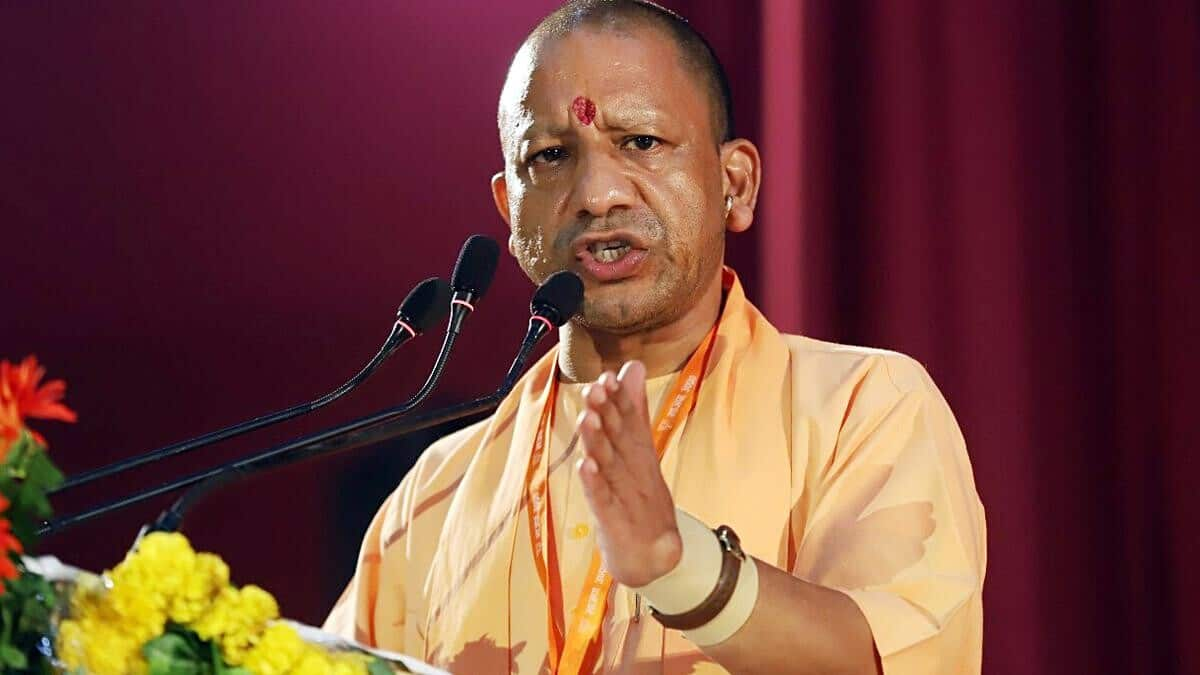
'Batenge toh katenge...': Yogi's reiterates mantra after UP bypoll sweep
What's the story
The Bharatiya Janata Party (BJP) and its ally Rashtriya Lok Dal (RLD) have won the Uttar Pradesh bypolls, winning seven out of nine Assembly seats. Chief Minister Yogi Adityanath credited Prime Minister Narendra Modi's leadership and the government's policies for the win. He also reiterated his campaign slogan "batenge toh katenge" (if we are divided, we will be slaughtered) and Modi's version "ek hai toh safe hai" (together, we are safe).
Election results
BJP-RLD alliance leads in multiple constituencies
The BJP won Ghaziabad and Khair, leading in Kundarki, Phulpur, Majhawan and Katehari. Its ally RLD was ahead in Meerapur. The Samajwadi Party (SP) retained Sisamau and was leading in Karhal. These bypolls were necessitated after eight seats were vacated after MLAs were elected to the Lok Sabha. In Sisamau, polling was held after SP lawmaker Irfan Solanki was disqualified over a criminal conviction.
Slogan controversy
Adityanath's campaign slogan faces criticism
Despite BJP's success, Adityanath's "batenge toh katenge" slogan was criticized from within the party and its allies. BJP leader Ashok Chavan and Nationalist Congress Party chief Ajit Pawar opposed the slogan, with the latter stressing on development instead. Opposition leaders also slammed Adityanath for using divisive rhetoric. SP chief Akhilesh Yadav likened it to the British 'divide and rule' policy, while Congress leader Mallikarjun Kharge asked why such a message was needed.
Voting trends
Bypoll results indicate shift in Dalit voting patterns
The bypoll results also underscored a shift in Dalit voters' voting patterns, with some supporting Mayawati's Bahujan Samaj Party but many favoring the BJP. The Congress's absence in these elections also impacted the Indian National Developmental Inclusive Alliance's performance. The BJP's win is viewed as an endorsement of its policies and Modi's leadership ahead of the 2027 assembly polls. Adityanath celebrated the win as a testament to public faith in their "double-engine government's security, good governance, and public welfare policies."